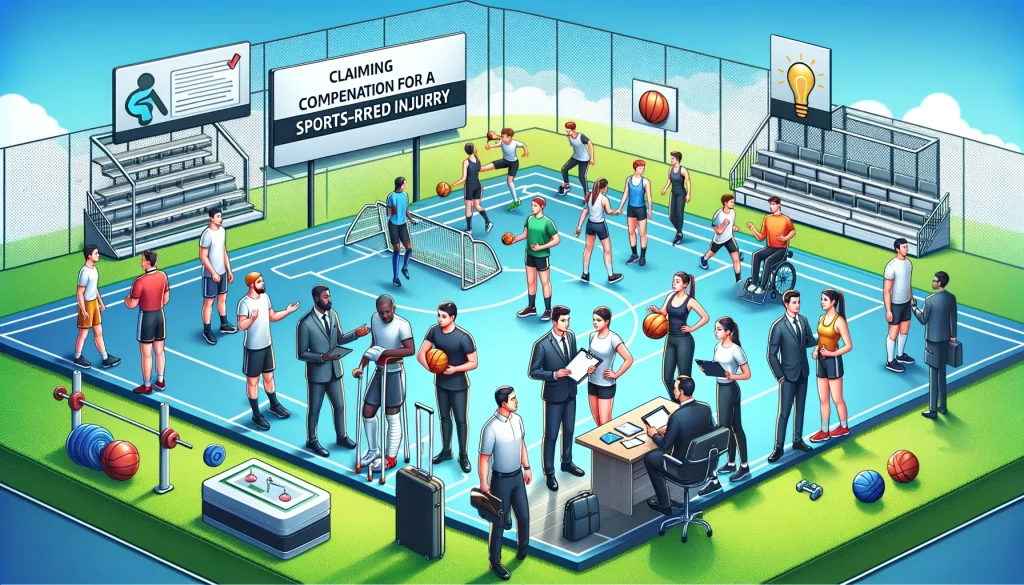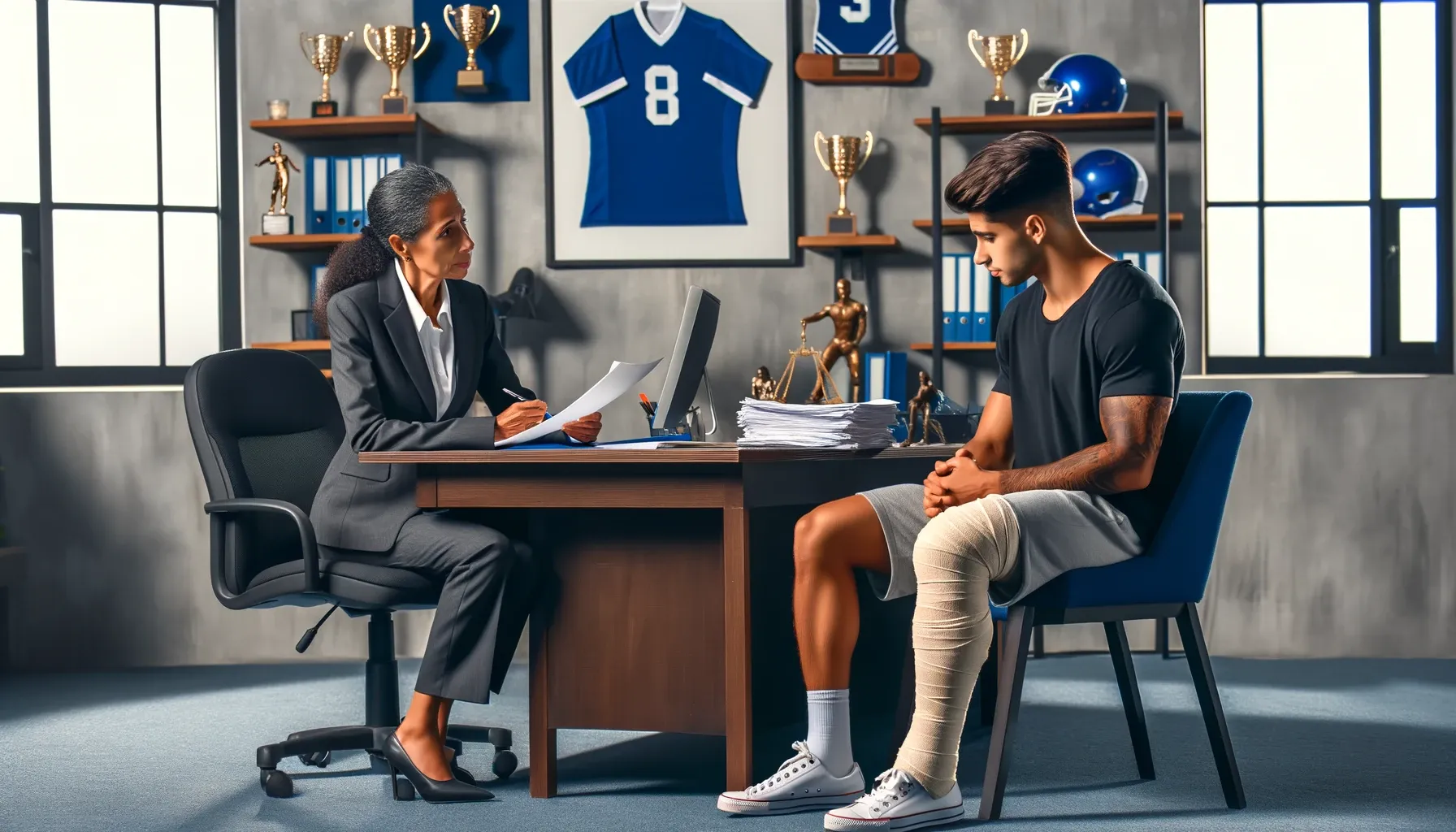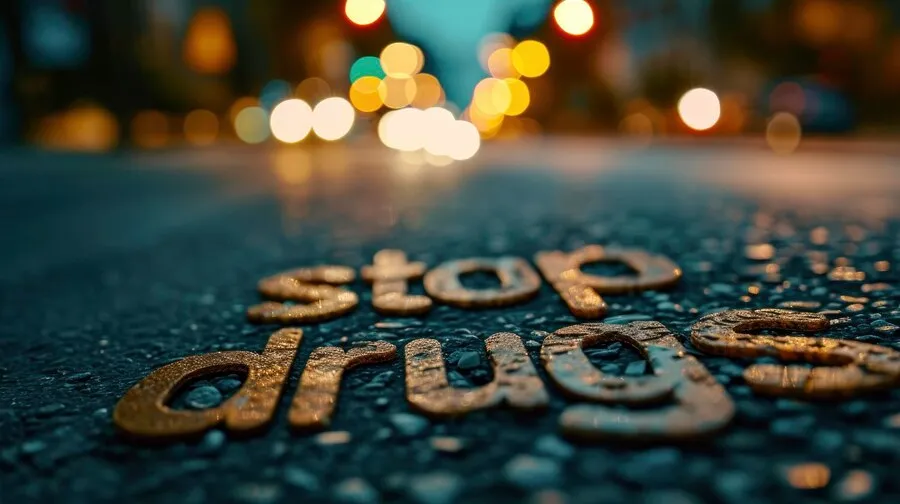The thrill of victory, the agony of defeat – these are the hallmarks of any competitive sport. But amidst the cheers and jeers, a lurking reality exists: the inherent risk of injury. While some accept these bumps and bruises as part of the game, others find themselves sidelined with more serious consequences, facing not just physical rehabilitation but also a web of financial and legal concerns. In these situations, the question arises: can you claim compensation for a sports-related injury?
The answer, as in most legal matters, is nuanced. It hinges on a crucial element: negligence. Were your injuries the result of someone else’s fault, or simply an unfortunate consequence of inherent sporting risks? Let’s delve into the intricacies of this legal terrain, equipping you with the knowledge to navigate your path towards potential compensation.
Demystifying Duty of Care: Who’s Responsible?
At the heart of any compensation claim lies the concept of duty of care. In simpler terms, it asks: did someone owe you a responsibility to ensure your safety while engaging in a sporting activity? This duty rests on various shoulders depending on the context:
- Organizers and venues: Whether participating in an organized league or a casual pick-up game, the entity managing the event or facility has a responsibility to uphold safety standards. This entails maintaining equipment, ensuring proper supervision, and providing adequate safety gear. Failure to do so, leading to an injury, could be grounds for a negligence claim.
- Coaches and instructors: Those entrusted with guiding and training athletes are expected to prioritize their well-being. This involves using safe training methods, assessing participant capabilities, and promptly addressing any potential hazards. A coach’s negligence, if it results in injury, could warrant legal action.
- Fellow players: While inherent risks exist within most sports, reckless or intentional acts by fellow players that cause injury can also fall under the umbrella of negligence. Think deliberate tackles outside the rules of the game or malicious intent causing harm.
Proving Negligence: The Burden of Proof
Establishing negligence isn’t a matter of simply pointing fingers. The onus lies on the injured party, or their legal representative, to provide convincing evidence. This involves gathering documentation such as:
- Medical records: Detailed medical reports outlining the nature and extent of the injury are crucial.
- Eyewitness accounts: Statements from individuals who witnessed the incident can corroborate your claims.
- Accident reports: If filed at the venue, official accident reports can bolster your case.
- Photographic or video evidence: Any visual documentation of the unsafe conditions or the incident itself can be invaluable.
Remember, the stronger your evidence, the more compelling your case becomes. Consulting with a legal professional experienced in sports-related injuries can guide you through the process of evidence gathering and building a strong claim.

Understanding Compensation: What Can You Recover?
If negligence is successfully proven, the court may award compensation for various losses incurred due to the injury. These may include:
- Medical expenses: Covering the costs of treatments, surgeries, and ongoing rehabilitation.
- Lost wages: If your injury prevents you from working, you may be entitled to compensation for lost income.
- Pain and suffering: This seeks to compensate for the physical and emotional distress caused by the injury.
- Loss of enjoyment: If your injury restricts your ability to participate in activities you once enjoyed, compensation can be sought for this loss of quality of life.
The amount of compensation awarded depends on the severity of the injury, the impact on your life, and the strength of your evidence.

Beyond the Courtroom: Alternative Dispute Resolution
Not all sports-related injury claims necessitate a lengthy and expensive court battle. Alternative dispute resolution (ADR) methods like mediation or arbitration can offer faster and potentially less adversarial solutions. These processes involve a neutral third party who facilitates communication and helps both parties reach a mutually agreeable settlement.
Moving Forward: Knowledge is Power
Navigating the legal complexities of a sports-related injury can be daunting. However, by understanding the principles of negligence, gathering crucial evidence, and exploring all available options, you can empower yourself to seek fair compensation for your losses. Remember, a proactive approach coupled with expert guidance can make a significant difference in your journey toward recovery and justice.
Can I Claim Compensation for a Sports-Related Injury
Sports-related injuries can often lead to questions about compensation eligibility. If you’ve sustained an injury while participating in sports and wonder if you can claim compensation, several factors come into play. The circumstances of the injury, the environment where it occurred, and any negligence involved can impact the possibility of making a claim.

Jasper Bruxner is a passionate and versatile blogger with a keen eye for trends and a knack for crafting engaging content. As the founder of WendyWaldman, he has established himself as a trusted resource in a diverse range of niches, including food, tech, health, travel, business, lifestyle, and news. He tends to share the latest tech news, trends, and updates with the community built around Wendywaldman. His expertise and engaging writing style have attracted a loyal following, making him a respected voice in the online community.




